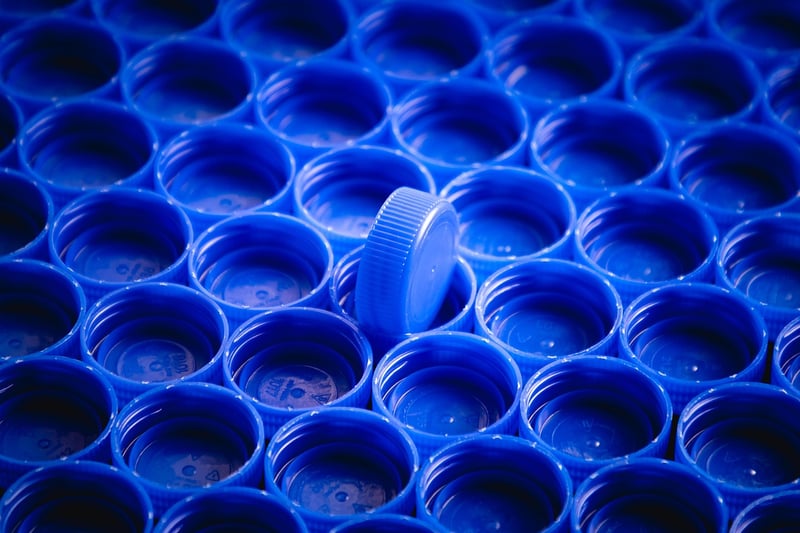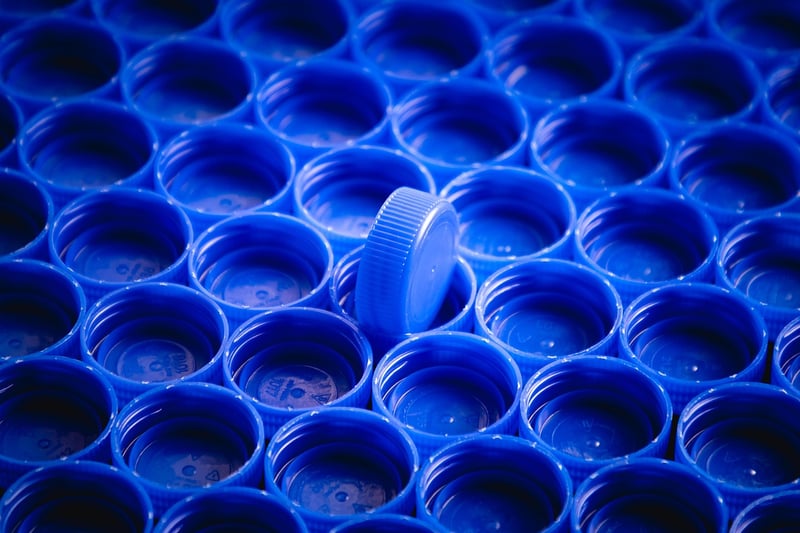Recycling Tips
Hands-On Learning Sessions for Upcycling + Recycling Tips
Welcome to our guide on hands-on learning sessions for upcycling and recycling tips! In this article, we will explore the importance of upcycling, provide practical tips for recycling, and highlight the benefits of hands-on learning in sustainability practices.
The Importance of Upcycling
Upcycling is the process of transforming waste materials or unwanted products into new materials or products of better quality or for better environmental value. It helps reduce waste and promotes creativity by giving new life to old items. By upcycling, we can contribute to a more sustainable future by reducing the amount of waste that ends up in landfills.

Practical Recycling Tips
Recycling is the process of converting waste materials into reusable objects to prevent waste of potentially useful materials. Here are some practical recycling tips:
- Separate your recyclables from your regular waste.
- Check your local recycling guidelines to ensure you are recycling correctly.
- Reduce single-use plastics by using reusable items like water bottles and bags.
- Repurpose items before recycling them if possible.
- Support products made from recycled materials.

The Benefits of Hands-On Learning in Sustainability
Hands-on learning sessions provide a practical approach to teaching sustainability practices. By engaging in upcycling and recycling activities, participants can develop a deeper understanding of the importance of waste reduction and resource conservation. Hands-on learning also fosters creativity, problem-solving skills, and a sense of accomplishment.
Join us in our hands-on learning sessions to explore the world of upcycling and recycling and discover how small actions can make a big difference in creating a more sustainable future!
Remember, every small step counts towards a greener planet!
